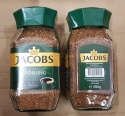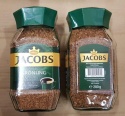Owners of coffee plantations in Brazil, affected by last year's drought, switch to growing pepper. In search of alternative sources of income, more and more farmers in the Brazilian state of Espírito Santo (a key supplier to the world market of robusta coffee beans) are beginning to plant black pepper, the price of the spice has increased by more than three times in 2009-2015.
Over the past few years, Espírito Santo has been experiencing droughts, and the coffee harvest in 2016 has suffered the most. The fall in coffee production even made the authorities think about import, but Brazilian President Michel Temer rejected the offer.
In the meantime, farmers have uprooted the affected coffee trees and planted peppers instead, says Mera. According to official data, the production of black pepper in Espírito Santo has increased by 82.5%, the area of crops - by 50% since 2015. The area of coffee plantations for the same period has decreased by 0.8%.
High prices for pepper in recent years have contributed to the growth of its production not only in Brazil but also in India and Vietnam (these countries are the main suppliers of pepper to the world market). As a result, pepper prices have recently declined, and this may limit further growth in production. According to Mera, this will reduce the farmers' desire to grow peppers instead of coffee and the threat will not be as serious as it might seem. In Vietnam and other countries, new plantations are entering the period of maturity, and an unprecedented harvest is expected this year.









